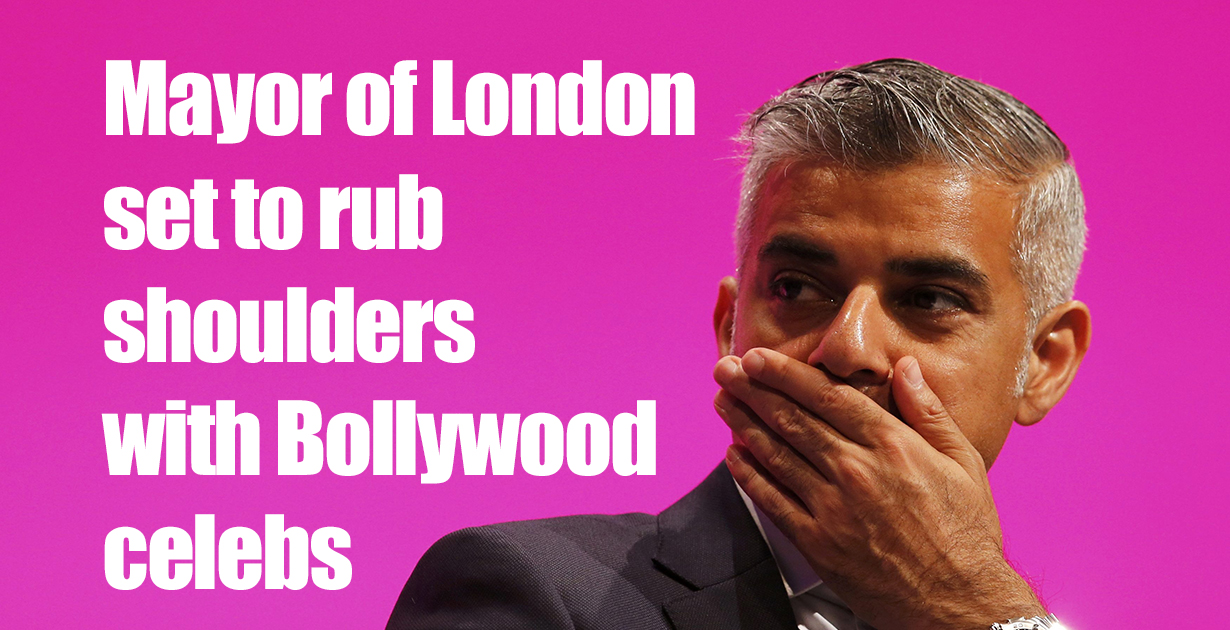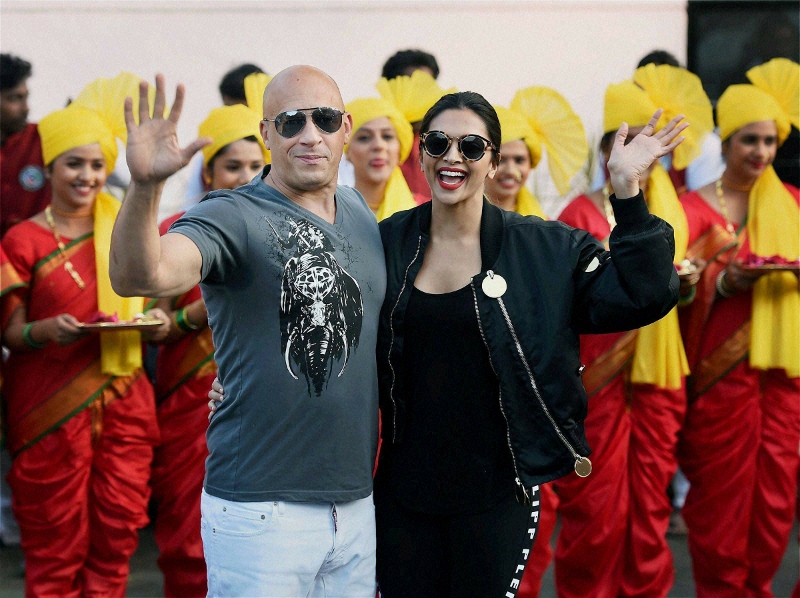
UN Report reveals women still not seen as equal to men
Far more needs to be done in India to smash the glass ceiling and close the gender gap, a UN report has revealed this week.
India ranks 130 out of 155 countries in the Gender Inequality Index (GII) for 2014, and is far behind Bangladesh and Pakistan which rank 111 and 121 respectively.
Among South Asian countries, the Narendra Modi-led nation only fares better than Afghanistan which is positioned in 152nd place.
Only 12.2 per cent of parliamentary seats are held by women in India in comparison to 19.7 per cent in Pakistan and 20 per cent in Bangladesh.
Maternal mortality rates are sky-high in India with 190 deaths per 100,000 live births as compared to 170 pregnancy-related deaths per 100,000 births in both Bangladesh and Pakistan.
Only 27 per cent of Indian women receive a secondary education, compared to Bangladesh at 34 per cent – which is still far from ideal.
When compared to the male population within the country, women trailed behind them on gross national income per capita, expected years of schooling, human development index, labour force participation, mean years of schooling and secondary education.
The only parameter on which women perform better than men in India is that of life expectancy.
Britain, which appears seventh on a list compiled by YouGov, was the only country where more women than men agreed ‘a wife’s first role is to look after her husband’ – a statement that 74 per cent of respondents agree with in the Middle East.
Overall, Middle Eastern states are the most conservative, with 54 per cemt agreeing ‘a woman’s place is in the home’ and 48 per cent agreeing it is ‘unattractive for women to express strong opinions in public’.
Sweden has long been viewed as a haven for gender equality, and repeatedly appears towards the top of the World Economic Forum’s Gender Gap Index.
The Scandinavian country has one of the highest employment rates for women and steps have been made to split childcare responsibilities more equally, as both men and women are entitled to 480 days of parental leave.














